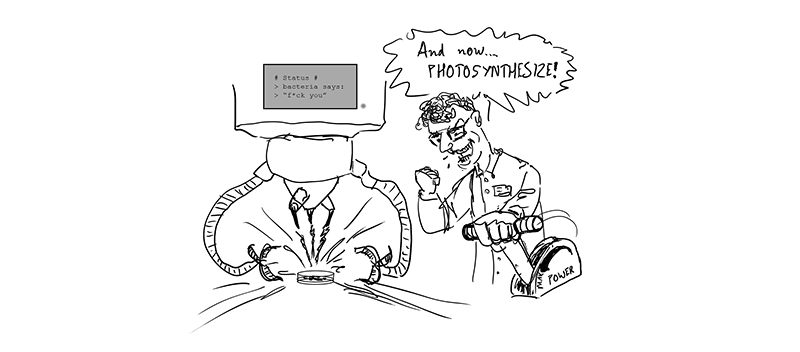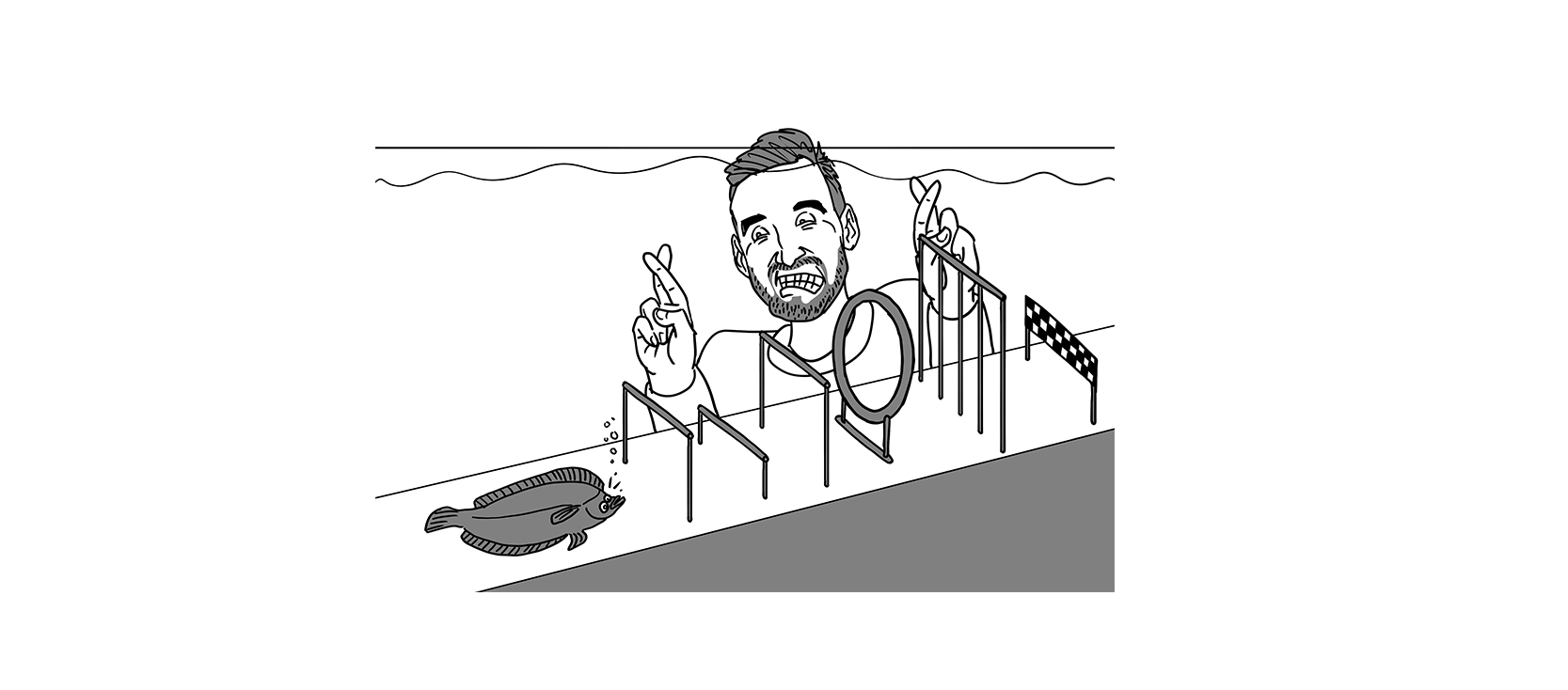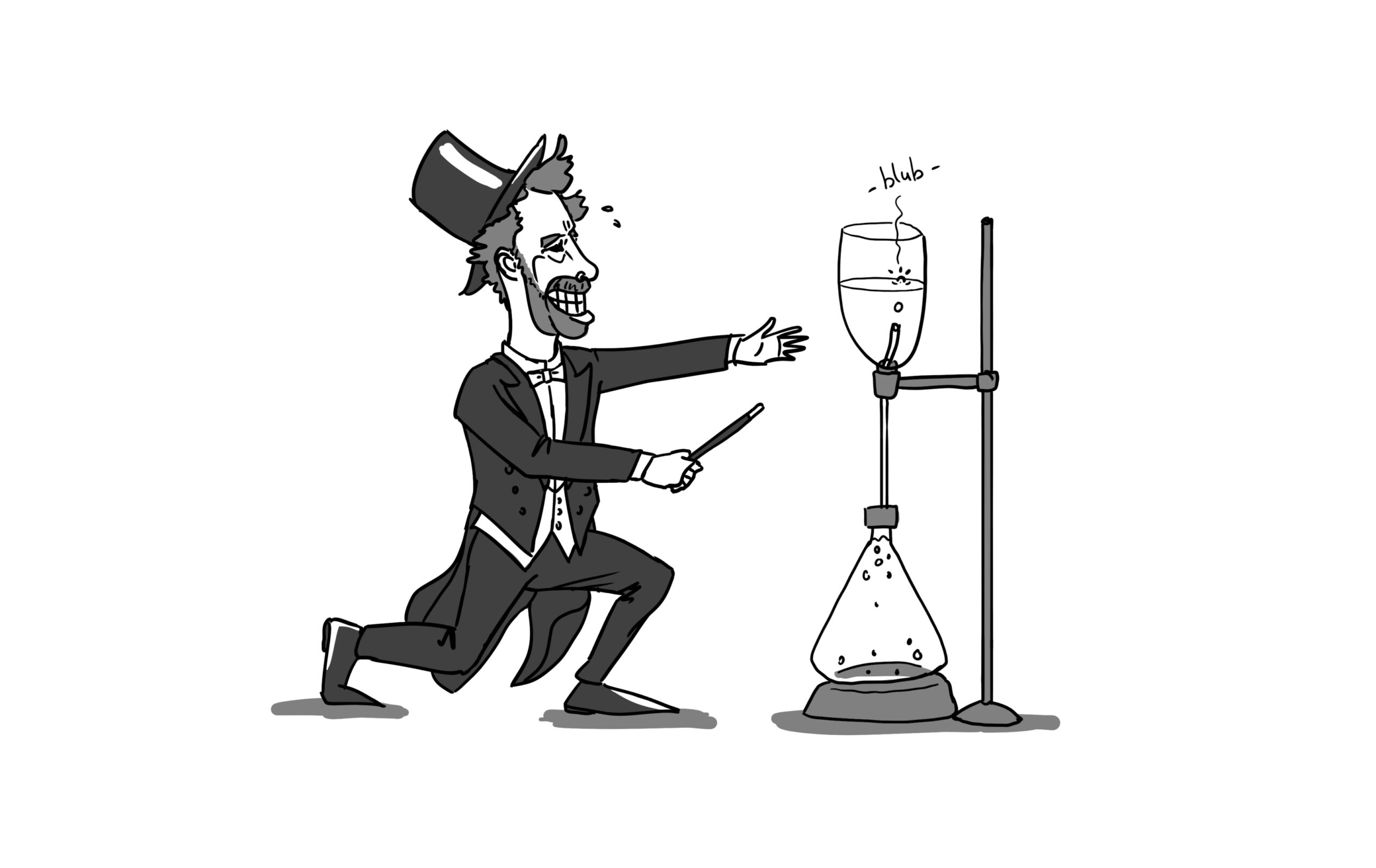A failed experiment, an error in your model, a rejected article: in academia such things tend to be labelled failures. As for talking about failure? Not done! But that’s just what WUR co-workers do in this regular feature, ‘You win some, you lose some’. Because failure can be useful. In this instalment, we hear from Nico Claassens, assistant professor in Microbiology.
‘When I first started working on my Master’s thesis, I thought “OK, so this is the plan, we’re going to implement it like this, it will turn out like that and then we’re done”. When it went wrong, I got very impatient and felt frustrated. Now I approach failures differently: they’re all part of the deal.
‘A lot of Synthetic Biology projects are very ambitious: we try to create something and see if it works. And if not, it does feel like a kind of failure. That is why it is good to do some expectations management for yourself, your colleagues and the people you supervise. This helps you to stay motivated and to have a plan B – or at least to have something worth publishing if you don’t make it.
‘Even in my PhD research, the goal turned out to be overambitious. I tried to put together the DNA to make bacteria grow on light. No easy task – it’s a black box. If you don’t manage it, you don’t have many techniques at your disposal for figuring out where it went wrong, and why. That’s frustrating, because you don’t learn much and you don’t make progress. But instead of trying to understand everything that didn’t work, you’re better off trying a different method. There are so many ways of building DNA these days, for example. Put the failure behind you and choose an alternative, otherwise you waste too much time.
The confidence of my supervisors ensured that I was never terribly down in the dumps
‘The confidence of my supervisors ensured that I was never terribly down in the dumps during my PhD research. They see setbacks as all part of the game. When things didn’t go my way, they encouraged me to find other strategies and helped me think up solutions. Now that I am a supervisor myself, I try to pass on that lesson.’

 Illustration: Stijn Schreven
Illustration: Stijn Schreven 

